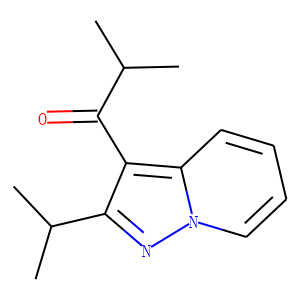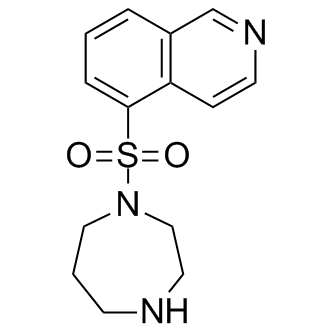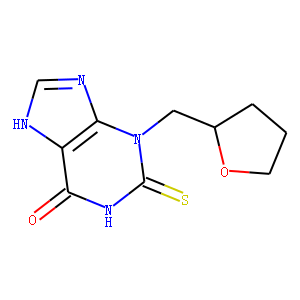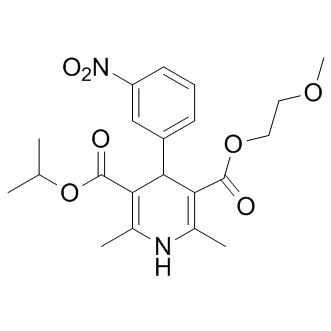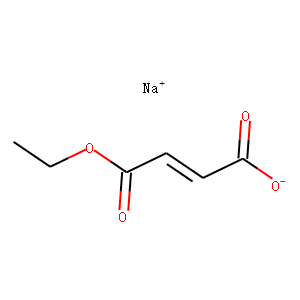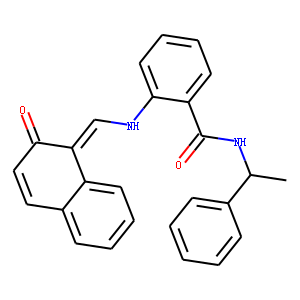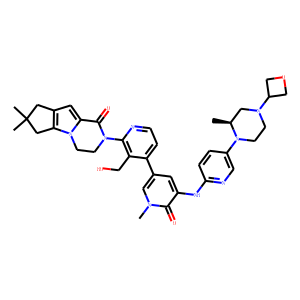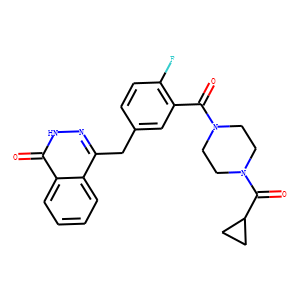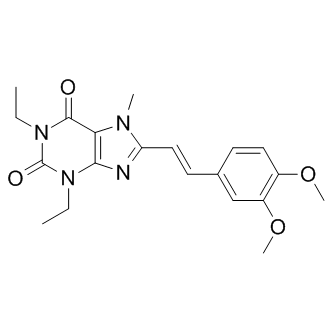Multiple Sclerosis (MS)
Multiple Sclerosis (MS) is a chronic autoimmune disease that attacks the central nervous system (CNS), affecting the brain, spinal cord, and optic nerves. MS occurs when the immune system mistakenly attacks the protective myelin sheath around nerve fibers, causing inflammation and damage. This disrupts the transmission of nerve impulses, leading to a variety of symptoms such as muscle weakness, coordination issues, numbness, vision problems, and fatigue. The course of MS varies widely, with some people experiencing relapses and remissions, while others face a steady progression of symptoms. Although the exact cause of MS remains unknown, factors such as genetics, environment, and certain viral infections may increase the risk. While there is no cure, treatments focus on managing symptoms, slowing disease progression, and reducing the frequency and severity of relapses. Common treatments include immunomodulatory therapies like interferons, S1P receptor modulators, and monoclonal antibodies. Early diagnosis and personalized treatment plans are essential in maintaining quality of life. Research is ongoing to better understand MS and develop new, more effective therapies, offering hope for those affected by this complex disease.

